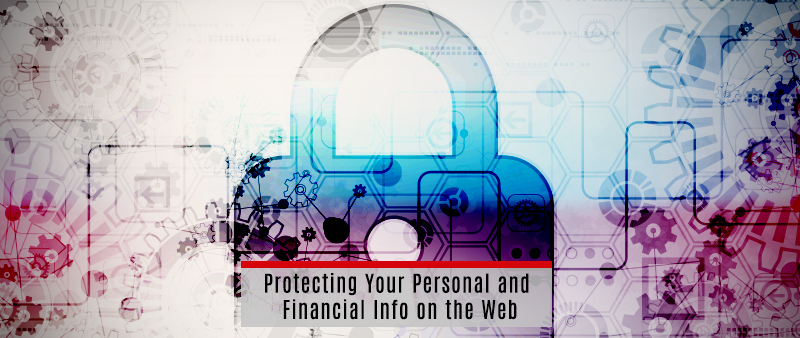
It’s 2020, and many people spend much of their lives online – which includes having your personal information available on the World Wide Web. Everything you do online leaves some kind of footprint, whether it be large or small, and it’s extremely important to ensure your personal and financial information doesn’t get obtained by hackers and scammers from one of these footprints.
Our team at Polam encourages strong measures to ensure your online information is kept safe and secure. Here are a few tips on how you can protect yourself from fraud:
- Create an ironclad password – and never share it. While it may be tempting to keep your passwords written down, avoid that temptation as you never know when that information can fall into the wrong set of hands. If you’re having trouble committing your passwords to memory, consider a service like LastPass. When it comes to building your ironclad password, the stronger it is, the more likely your information will be kept safe and secure. Strong passwords generally are at least 10 characters in length; a mix of letters, numbers, and keyboard symbols; and is not used on more than one website. You should also consider changing it every few months if it’s for something work or finance related.
- Don’t share your personal information in response to emails or phone calls. Phishing is a popular and tricky means of acquiring personal and sensitive information by scammers and hackers, and unfortunately, many people have fallen prey for it. If you receive a phone call or email from an unknown source – or even someone pretending to be a healthcare provider, debt collector, or ecommerce site – do not share personal identifying information, and especially do not share your financial information such as your debit or credit card number, or your bank account number. These calls are designed to prey on people’s fears so they give up their valuable information.
- If you’re shopping online, verify the site where you’re shopping. This one is pretty easy but often goes overlooked. When you’re on a website making purchases, check for the “https” before the site’s URL to ensure it’s a secured site. While many people prefer well-known e-commerce sites like Amazon (or sites for widely known department stores), it’s good to support smaller online retailers to help small businesses – just make sure you know where you’re shopping first.